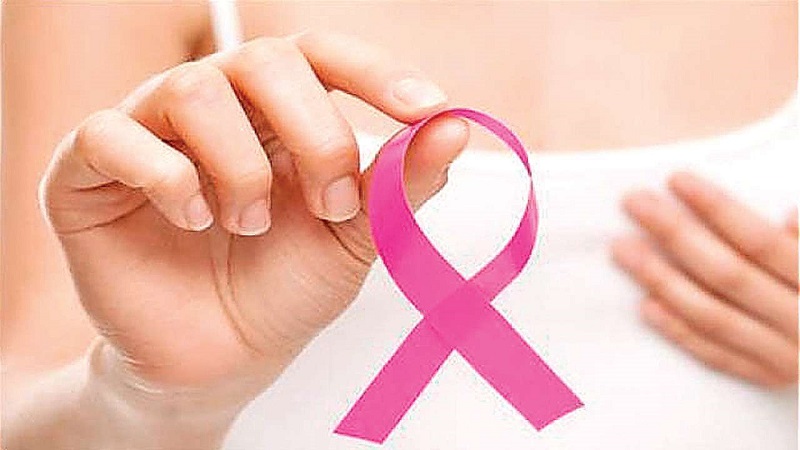There is no measure that can 100% prevent cancer. However, maintaining a healthy lifestyle and following your doctor’s recommendations can help achieve a good quality of life. Is breast cancer prevention possible? According to the National Institute of Cancer, it is one of the most diagnosed cancers in the world, in both men and women. It is a chronic disease that occurs when the cells of the breast tissue begin to grow abnormally.
Although, indeed, this disease does not give “warning” signs, it is possible to detect it early (and therefore increase the chances of treatment success) through self-examination and periodic mammograms.
Is breast cancer prevention possible?
According to experts from the American Cancer Society, when breast cancer is detected in its early stage, the chances of recovery are almost 100%. In addition, they recommend practicing a series of healthy habits which, while not always guaranteeing to prevent sensory cancer, still help to significantly minimize the risks.
What are the causes of breast cancer?
The causes of breast cancer are not fully known. Doctors agree that it occurs when certain breast cells start growing abnormally and rapidly. These cells can spread (metastasize) to the entire breast and other tissues in the body, as they are able to migrate through the blood and lymphatic vessels.
Most cases originate in the cells of the milk-producing ducts. This type is called invasive ductal carcinoma. It can also originate from glandular tissue or lobules. In this case, it is called invasive lobular carcinoma. Other types of tumors form on other tissues within the breast.
Risk factors
Over the years, some hormonal, environmental and genetic factors have been identified as possible causes of breast cancer. However, it is unclear why, all things being equal, some people develop the disease and others don’t.
Among the related causes we find:
- Consume alcoholic beverages.
- Suffering from overweight or obesity.
- Having been exposed to radiation.
- Having menstruating at an early age.
- Giving birth for the first time after the age of 30.
- Entering menopause at an older age.
- Having undergone hormone therapy (postmenopause).
- Have a history of the family and personal history of breast cancer.
- Being a woman (but men can also suffer from breast cancer, although women are usually the most affected).
- Advanced age (with the passing of the years, the risk of contracting this disease increases).
Breast Cancer Symptoms
During its early stages, breast cancer can be difficult to identify. However, as it progresses, the following symptoms may occur:
- A lump or lump in the breast
- A change in the size and shape of the breast
- Breast skin changes
- Inverted nipple
- Peeling of the pigmented area of the nipple skin
- Redness or small holes in the skin of the breast
Tips for preventing breast cancer
Due to the complexity of the disease, it is impossible to talk about an absolutely effective method of preventing breast cancer. However, there are habits and tricks that can reduce the risk of suffering from it, especially if you are subject to exposure to any of the factors mentioned above.
- Maintain an active lifestyle
Women with an active lifestyle have a lower risk of contracting the disease. Physical activity helps keep estrogen levels in balance, one of the key hormones for female health.
- Avoid overweight
Organisms with higher numbers of fat cells are exposed to a high risk of cancer. For this reason, it is vital to adopt good habits to maintain a healthy and balanced weight.
- Limit alcohol consumption
The consumption of alcoholic beverages has a negative impact on health and increases the risk of suffering from breast cancer and other types of cancer. It is therefore advisable to avoid its consumption.
- Breastfeed
Breastfeeding is not only the best way to feed the baby. It is also a way to prevent breast cancer and other aggressive diseases.
- Self-examination every month
The ‘ self-examination is essential in the prevention of breast cancer. This self-assessment helps identify the presence of an abnormality in the breast tissue.
- Genetic tests
If you have a family history of breast cancer, it is advisable to request genetic tests to know the degree of risk. The doctor can determine by professional evaluation if treatment is needed.
Are you worried about breast cancer? If you have reason to suspect that you have this disease, consult a specialist as soon as possible and ask for the appropriate examinations.
In general, if you want to reduce the risk, but the advice into practice and make it part of your lifestyle. Also, remember: if in doubt, consult your doctor.





